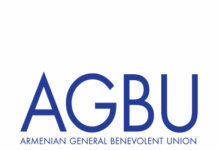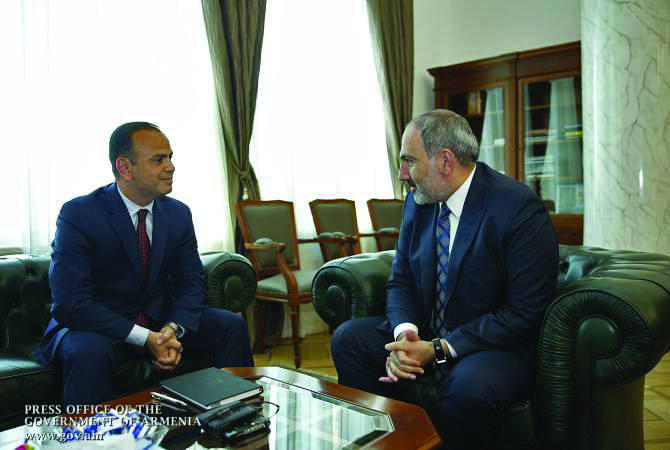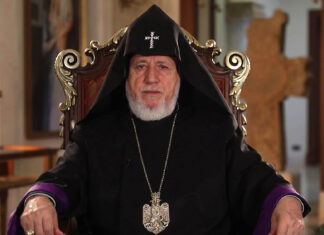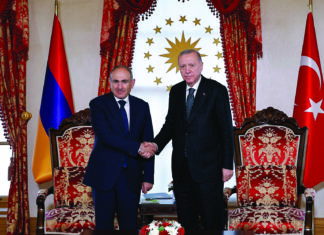YEREVAN – High Commissioner of Diaspora Affairs of the Republic of Armenia Zareh Sinanyan spoke about the challenges of his office in an interview mid-October of this year.
His life has taken an unusual direction, both literally and figuratively. The former mayor of Glendale and his family had emigrated to the US from Armenia as a teenager. In his new country, Sinanyan has been able to climb high politically, including serving on the Glendale City Council. However, he changed course and decided to relocate to his ancestral homeland and take this new position in Armenia on June 14, 2019.
(In summer 2018, Sinanyan had sat down for an interview while he was mayor of Glendale. https://mirrorspectator.com/2018/08/23/mayor-zareh-sinanyan-working-to-improve-glendale-while-strengthening-ties-with-armenia/)
Sinanyan had known and supported Prime Minister of Armenia Nikol Pashinyan for several years. After an indirect communication from the prior diaspora minister, Mkhitar Hayrapetyan, broached a possible position, Sinanyan spoke directly with Pashinyan and decided it required a conversation in person. So Sinanyan said he took a plane to Yerevan and after several meetings with Pashinyan came to an agreement.
After this trip, Sinanyan returned briefly to Yerevan and resigned from the city council and all other offices. He then flew out to Yerevan to start living there fulltime. His children, as during other summers, came to spend a few months in Armenia but then returned to Glendale for school.
He said about the move, “You never know in life, but this is it. I am building the foundations for my children’s future here. My family is still in Glendale only because we are building our new apartment [in Yerevan] and because my decision was so quick that we weren’t ready for the school transition and those very important things….The plan is, one way or the other, the kids will start school in September of next year in Yerevan.”









